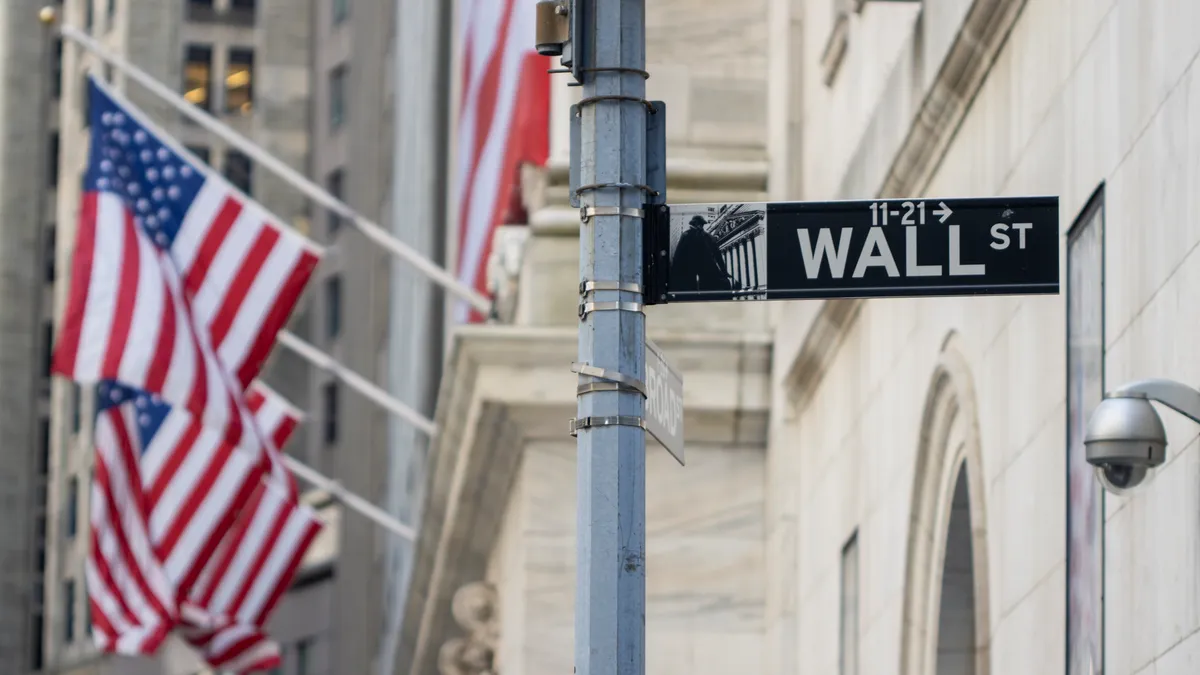Dive Brief:
- Sixty-nine percent of global consumers think climate change directly affects their daily lives, according to a June report by Getty Images. Eighty-six percent believe businesses should use their resources to improve society and the environment, per the report.
- The new report, based on surveys conducted from July 2022 to July 2024 with 5,300 to 7,000 respondents across the globe, found that 82% of consumers want companies to have clear ESG guidelines and practices. However, two out of three consumers said they doubt that companies are genuinely committed to sustainability, the report found.
- In terms of visual communications and marketing used by corporations, a vast majority of consumers — 81% — said they want to see the direct environmental effects of climate change and prefer “transparent and realistic imagery” that depicts that. Fifty-five percent of consumers said they wanted images and messaging to focus on the consequences of inaction rather than aspirational optimism.
Dive Insight:
Visual representation of sustainability has shifted over the past two decades, the report noted. In 2006, photos of polar bears on receding ice caps were a popular symbol, while from 2018 to 2022, it became more common to use depictions of climate impacts such as floods, fires and displacement, the report said. Most recently, brands have practiced “greenhushing,” using abstract visuals that signal sustainability without making direct claims, in an attempt to avoid accusations of greenwashing.
But the new report found that 75% of consumers want visuals to show how companies and governments are addressing climate change. Climate change was ranked as the most important world issue for consumers, with 95% saying they are concerned about the environmental crisis.
At the same time, consumers are wary of greenwashing, with 76% of respondents saying they believe products and services labeled as “green” are a marketing ploy, the report found.
“The commercial focus on sustainability surges in times of cultural urgency and recedes in moments of economic pressure or shifting priorities,” said Rebecca Swift, senior vice president of creative at Getty Images, in a June 12 press release. “We are now in that period of pull back,” Swift said, but noted the report shows that “consumer expectations are louder and more urgent than ever.”
The report also probed attitudes toward the role of artificial intelligence. It found that consumers are optimistic overall about AI with 83% believing it could help with the climate crisis. Consumers expect AI to have a positive impact via personalized learning (43%), energy efficiency (41%), and climate prediction (40%). But the report cautioned that, given that AI’s large carbon footprint is a well-known problem, companies should consider acknowledging the technology’s environmental impact in visual portrayals of AI-powered climate solutions.
Along with visual representations of sustainability, search terms used on the Getty Images platform have also shifted, the report noted. In 2024, searches for “sustainability” dropped 21% compared to 2023, while searches for “environmental conservation” increased by 12%. Searches for terms related to renewable energy, like “energy efficiency,” “energy transition,” and “hydrogen energy” also increased. Over the last 10 years, the number of visuals depicting green technology have increased 300%, the report found.










